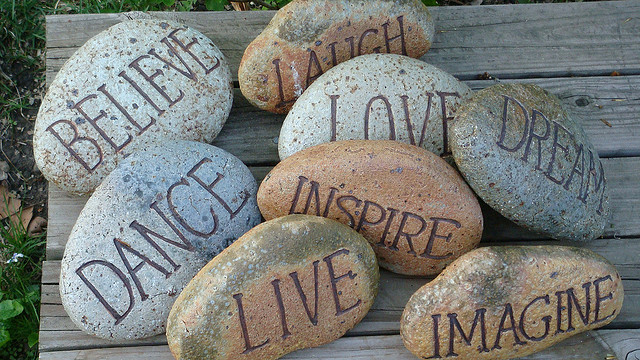
radio Loading ...
schedule ON AIR: 0:00 - 7:00
music_note NOW PLAYING:- Loading ...
The presidential election on October 25 in the West African nation comes after a decade of relative stability following the post-electoral crisis of 2010–2011, which left thousands dead and a nation divided. While Ivory Coast, officially known as Cote d' Ivoire, has since enjoyed strong economic growth, deep political fault lines remain. The vote will follow a two-round system: If no candidate secures more than 50% of the vote, the election will head to a runoff. The elected president will serve a five-year term, which would allow him or her to shape the country's political direction for the remainder of the decade. Ouattara makes unprecedented bid for fourth term President Alassane Ouattara, 83, is seeking a fourth term after constitutional changes in 2016 reset term limits. A former International Monetary Fund economist, Ouattara is expected to win. Under his leadership, Ivory Coast became one of Africa's fastest-growing economies, buoyed by major infrastructure investments. According to the World Bank, Ivory Coast "has sustained one of the fastest growth rates in sub-Saharan Africa for more than a decade." The World Bank adds that "between 2012 and 2019, real GDP expanded at an average of 8.2%," with growth persisting even through the COVID-19 pandemic. Ivory Coast President Alassane Ouattara gestures as he arrives at the Ebimpe Olympic Stadium, waving at the crowdIvory Coast President Alassane Ouattara gestures as he arrives at the Ebimpe Olympic Stadium, waving at the crowd Alassane Ouattara wants to remain president, and had the constitution amended to allow him to run again Image: Sia Kambou/AFP One beneficiary of government investment and economic growth is the key agricultural region around Daloa. Situated about 140 kilometers (about 85 miles) west of the capital, Yamoussoukro, the area previously lacked industrial zones. But the government's Infrastructure Renewal and Urban Management Project (PRICI) has invested in roads, water, sanitation and public buildings. Daloa resident Danielle Zahui told DW: "We came out in numbers to thank the president for what he's done for Daloa." Yet challenges remain. Only 25% of secondary roads are paved, and the 191-kilometer stretch between Daloa, Vavoua, Seguela, and Kani is in poor condition. "The road is terrible," said tailor Yaya Sanogo. "Even getting around is a problem." Ahead of the election, Ouattara has promised a highway linking Daloa to Yamoussoukro. "We're entering the 2025–2030 period with energy," Ouattara told Daloa residents on the campaign trail in early October. "Growth will continue, and we'll deliver more infrastructure, production and better living conditions." Ivory Coast: Abidjan developing rapidly but at what cost?